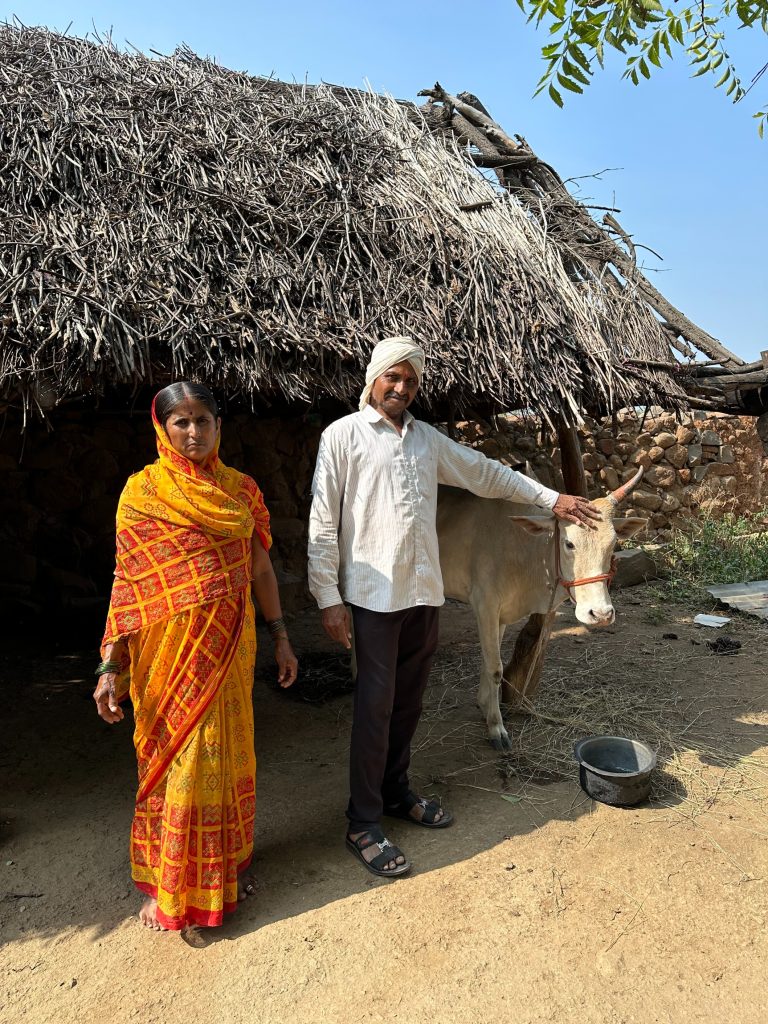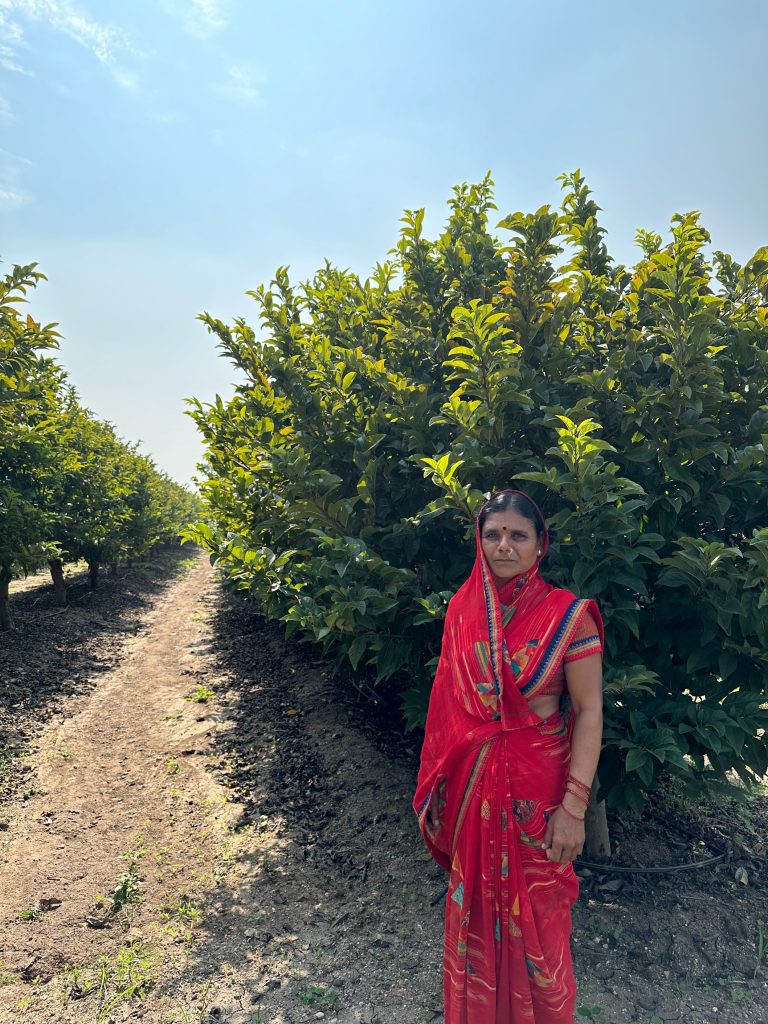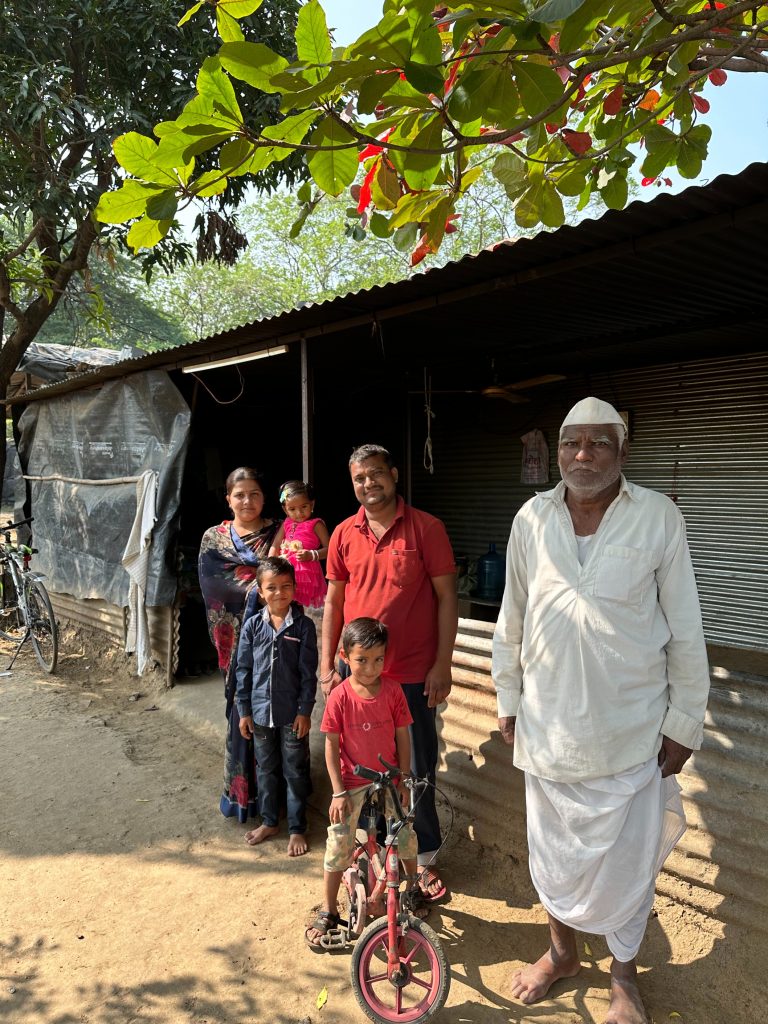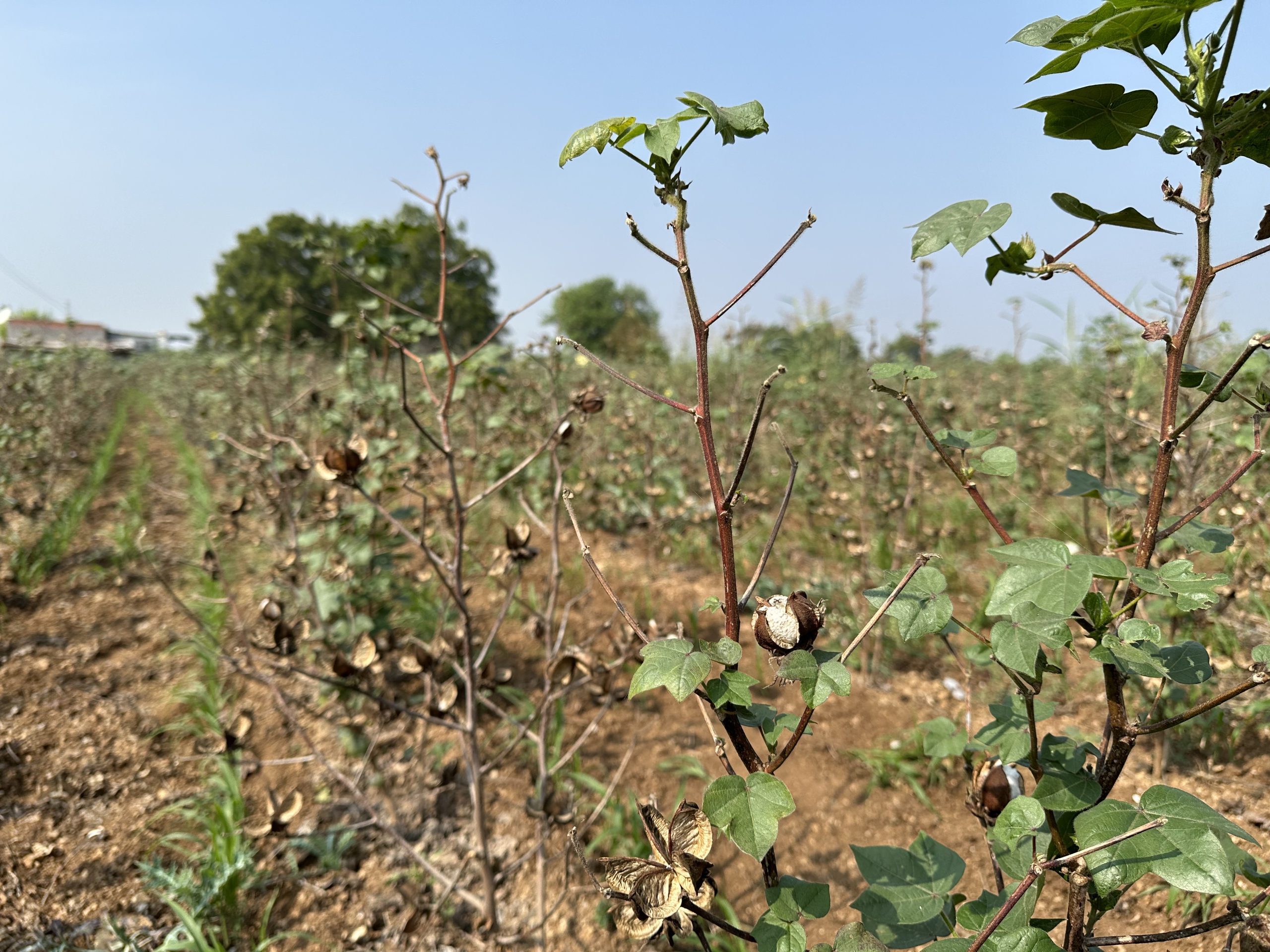By Simran Rede | January 9, 2024
Farmers in Jalna, Beed, and Latur are disheartened as they will not be able to harvest grapes, cotton, and soya beans next month as the crops have been destroyed by the unseasonal hailstorms in December. Farmers in the drought-prone areas of Marathwada in Maharashtra receive Rs.6,000 a year under the Pradhan Mantri Kisan Samman Nidhi (PM-KISAN). The financial aid, however, has proved insufficient amid successive crop failures due to extreme weather conditions, mounting debt, and the high cost of healthcare in the region. Many farmers now bank on alternative sources of income to support their families. Prime Minister Narendra Modi, on February 24, 2019, announced the Pradhan Mantri Kisan Samman Nidhi (PMKISAN). Under the scheme, farmers who own agricultural land get Rs.2,000 in their bank accounts in three installments to take care of expenses related to farming, allied activities, and domestic needs. The scheme with the disbursement of Rs.2.60 lakh crore has taken more than 11 crore farmers under its fold as of August 8, 2023.
Extreme weather conditions force Beed farmers to work in factories

Uddhav Madhav Lande, a cotton farmer who owns four acres of land in Ghatsawli, the most drought-prone village of Beed currently works in the sugarcane factory for a daily wage of Rs.200. Seven months ago, he cultivated 300- 400 kilograms of cotton per acre but could produce only 100 kilograms due to inadequate rainfall. While he spent around Rs.34,000 for cultivation, the final yield fetched him only Rs.7,000. Lande is not alone. At least 60% of small and marginal farmers in Beed have been forced to work as daily wage workers despite owning cultivable lands. Like many others in the region, Lande has been receiving Rs.6,000 a year since the launch of the PM Kisan scheme. He, however, said the money is inadequate for farmers like him, who have been facing crop failures for the last two years. “Due to the recent rain, the cotton produce went bad. I had to sell the entire yield for merely Rs.5,000,” Lande said. “My expenses are higher than the yield of my produce so I have incurred a loss. Now, I work in a sugarcane factory for six hours to support my family,” said Lande, who has a crop loan of Rs.1,00,000. He usually takes raw materials for farming on credit and after selling the produce, he repays the borrowed amount. Over the last two years due to no yield, he is unable to repay and the tax on it is increasing. Along with this, he also has not paid the electricity bill, which accounts for about Rs.15,000. Lande and his fellow farmers in Beed have only one opinion on the financial aid from the government. “If we get a reasonable price for our produce and if the expenses are lower than the income we get from farming by 50%, then this Rs.6,000 is not needed.”
Alternative source of income helps a woman farmer overcome losses from hailstorm

Shakuntala Prakash Ubale’s decision to start a nursery seven years ago has changed her fortune for the good now. She cultivates custard apples and lemons on a 2.5-acre farm. Ubale has been the fortunate few in a Nandapur village in Jalna whose diversification into setting up a nursery has enabled her to bear the loss arising from crop failure. The 40-year-old farmer could bear the loss due to a sudden hailstorm destroying her entire lemon harvest worth Rs.1.5 lakh last month. She earned a profit of two lakh rupees selling 500 saplings and another one lakh rupees from custard apple harvest last year. She became lucky to reap a bountiful harvest of custard apples just before the hailstorm ruined the crops. During harvesting, there is a need for more people to glean the crops so her son, daughters, and husband actively pitch in farming chores, and with the entire family involved it becomes so much easier. Her husband, Prakash works as a labourer in other farms during harvest seasons. Farming is hard work every day and most times the produce doesn’t cover the cost of pesticides, power, and transportation with an additional burden of unexpected climate vagaries making cultivating crops unviable, she said. Ubale is infuriated that the government permits imported crops which makes domestic prices come crashing. “At present most farmers don’t make profits after all the hard work we put in our fields so there is no motivation to continue farming, she said with a sense of disillusionment. Ubale’s one daughter among the four children is admitted to a class for her M.Com, which costs Rs.36,000 a year. She also bought a scooter worth one lakh rupees for her to attend M.Com classes in the Jalna district.
Higher prices of pesticides, fertilizers, and seeds have made farming disheartening

Sadanand Vinayak Shirsagar, a 31-year-old farmer who cultivates grapes in his two acres resides in Kadwanchi, a small village 57 km away from Jalna. This year he lost 30% of his grape production. Four years ago, he underwent a kidney transplant in Aurangabad for which his 53- year-old donated a kidney. The transplant made him weak and unable to conduct heavy physical activities due to which his wife, Seema, had to take over the farm work. She has been the sole support of the family for four years. Working from 2:00 am to 10:00 pm, Seema does every farming work from ploughing to harvesting in their grape yard. “In a month, I have to pay interest on my crop loan, bear medical expenses of Rs. 15,000, agricultural expenses and other family expenses, the farmer’s benefit is Rs.500 a “thatta (cruel joke)”, he said. Shirsagar has a crop loan of Rs.80,000 from the Union Bank of India and is barely able to support a family of five. Government advertisements touted the PM Kisan Samman Nidhi Yojana as a lifeline for farmers, showcasing success stories on television. The farmers, in such advertisements, claim it aided them in procuring seeds and fertilizers, boosting their farms. The condition of farmers in Jalna, Beed, and Latur contradicts the claim of the government. While the promised Rs.6,000 is regular in reaching the farmers but has proved inadequate.

